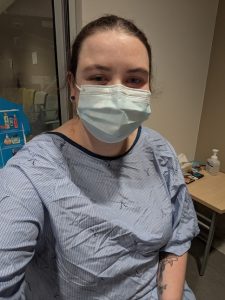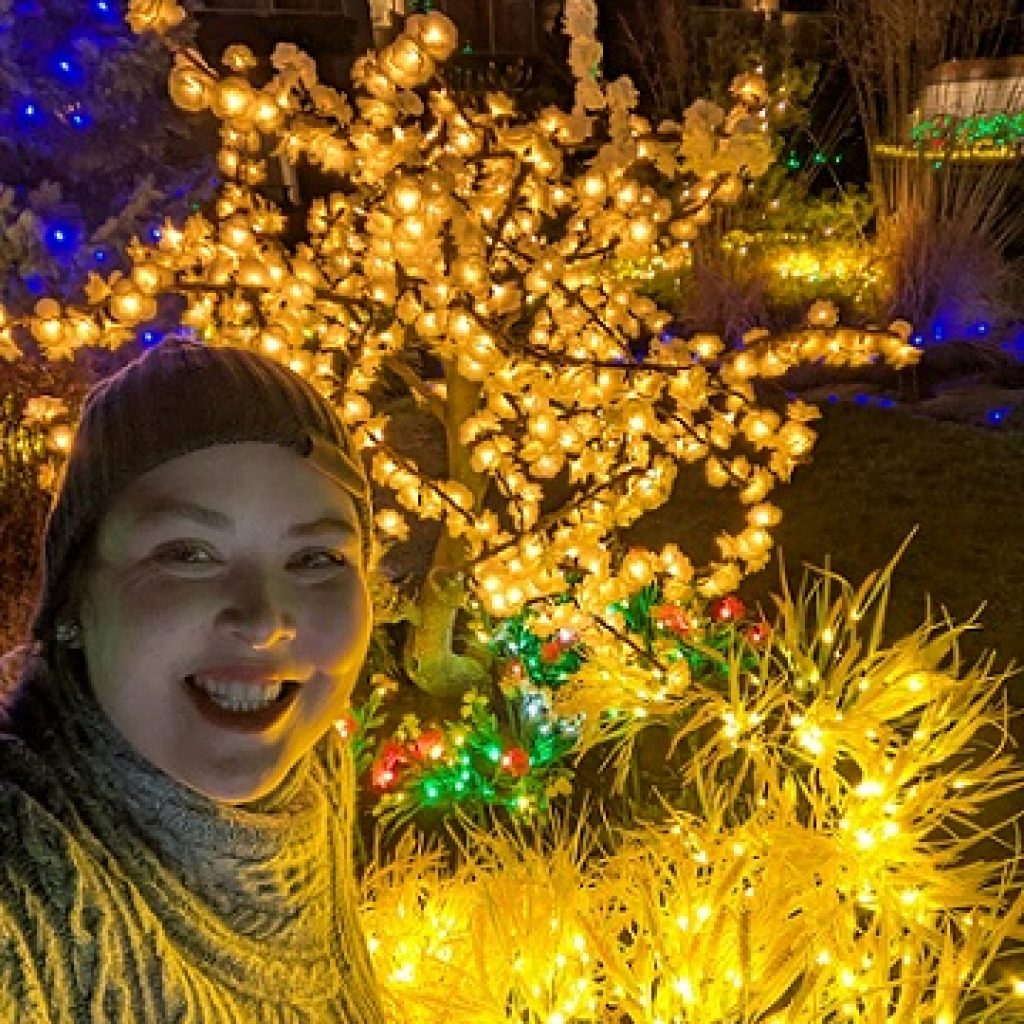One of the scariest things that my condition has caused is medication uncertainty. I am currently going through this with a new medication, so I figured I would take this blog as an opportunity to discuss this experience. I am currently suffering from migraines, and we are unsure if they are CMTC-related or not, but the reality is they suck either way. As I tend to bleed, I cannot take any NSAIDs, like ibuprofen, so acetaminophen and low-grade narcotics are my only options for pain management. We began looking for a longer-term option to address the headaches.
 For the migraines, my GP wanted to try a triptan. So, began the long slog of investigating all potential drug interactions and recommendations against use. The stumbling block we hit was that patients with a history of blood clots or vascular concerns were recommended not to take the class of drugs known as triptans. I don’t have a history of blood clots, quite the opposite, but the vascular concerns comment gave us pause. We then researched if CMTC or Klippel-Trenaunay have been mentioned in any research. Neither condition nor related vascular malformation is mentioned directly in any research. This is of course the norm for any rare disease, so instead you look at other conditions’ symptoms and reactions and consider whether your reactions to the drug could be similar to those.
For the migraines, my GP wanted to try a triptan. So, began the long slog of investigating all potential drug interactions and recommendations against use. The stumbling block we hit was that patients with a history of blood clots or vascular concerns were recommended not to take the class of drugs known as triptans. I don’t have a history of blood clots, quite the opposite, but the vascular concerns comment gave us pause. We then researched if CMTC or Klippel-Trenaunay have been mentioned in any research. Neither condition nor related vascular malformation is mentioned directly in any research. This is of course the norm for any rare disease, so instead you look at other conditions’ symptoms and reactions and consider whether your reactions to the drug could be similar to those.
In this case, with a triptan we were at a bit of a loss, we decided to wait the migraines out for a year to see if they were manageable with acetaminophen and Emtec. Over the year, I had relatively stable control, but every once and a while the headaches would be unbearably painful and debilitating. We tried to consult with some specialists, but no one we talked with felt comfortable making any definitive call. So in the end my GP and I decided to give it a try. So, I now have a triptan that I try to take as little as possible, but we still don’t know if there are risks, now we just proceed cautiously optimistic.
The reality of having a rare disease is there will be medical choices that are not clear cut, that are simply calculated risks for quality of life improvements, and every patient may come to different conclusions based on their calculations, and that’s okay. It is never an easy path to walk, but having a good support system is key to making it easier, so always feel free to chat with friends and family, but also patient advocates and patient organizations. These resources are invaluable at times like these.
